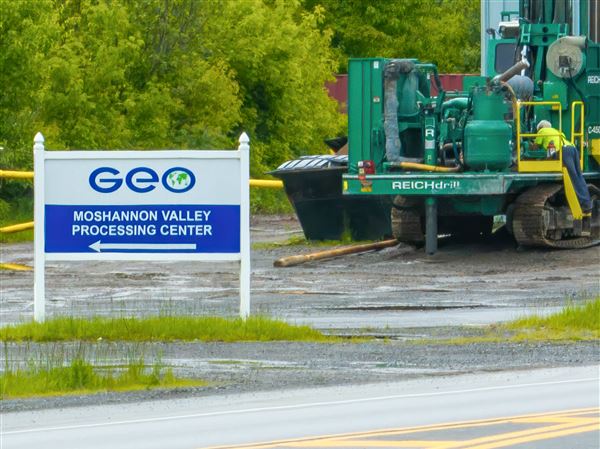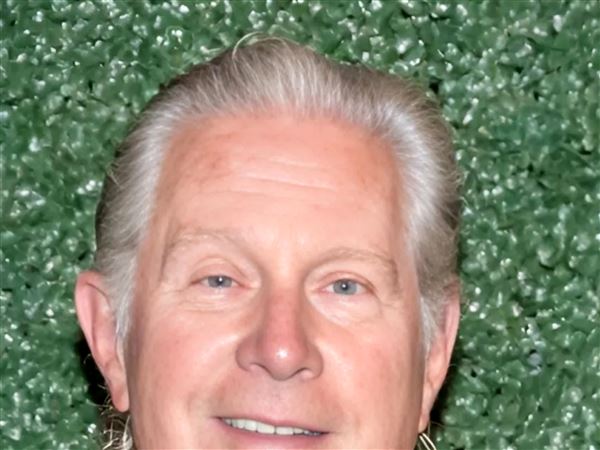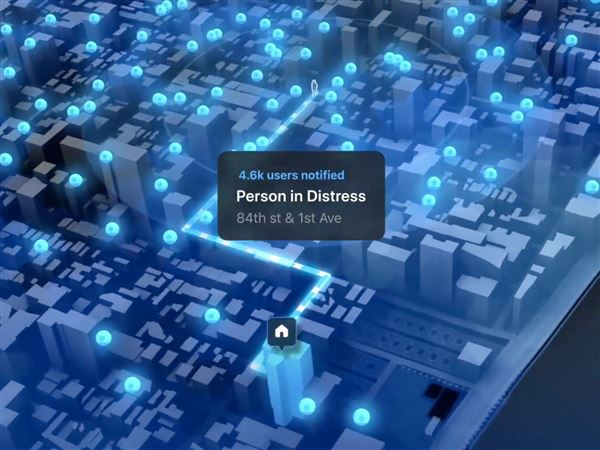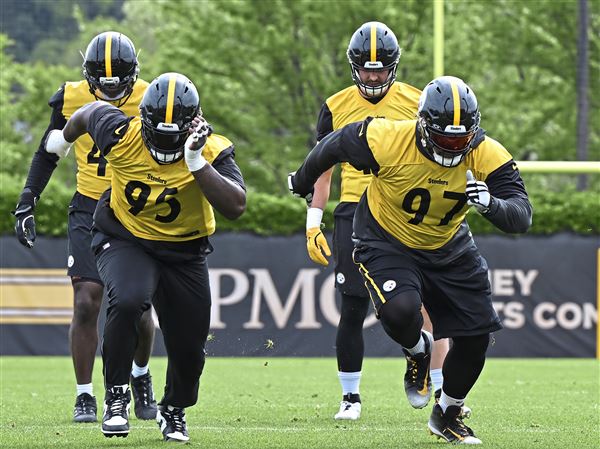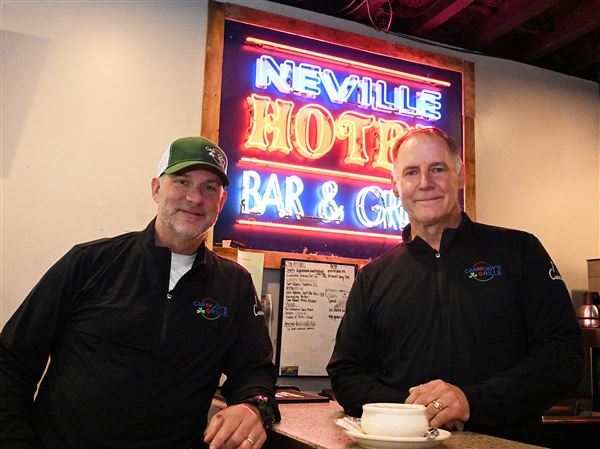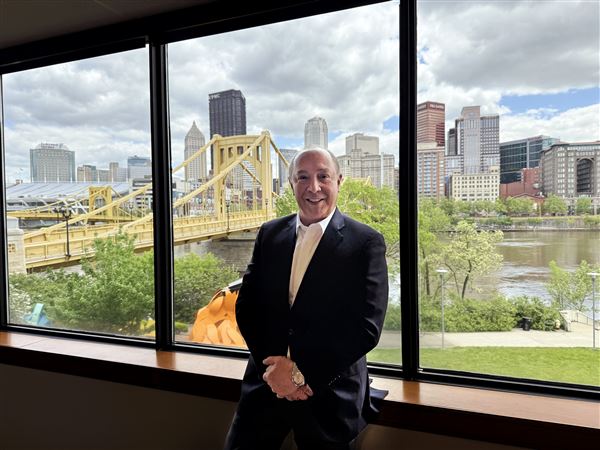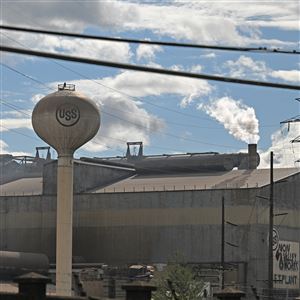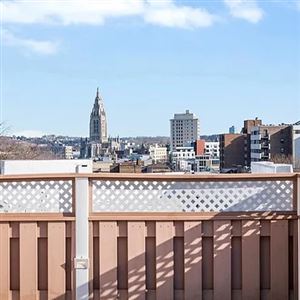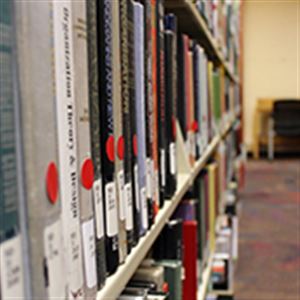CAIRO -- The worshipers erupted, hundreds of them, loudly chanting "No! No! No!" and drowning out the priest, making it impossible for him to continue offering thanks to President Hosni Mubarak.
It was two days after a suicide bomber killed at least 21 people as a New Year's Eve Mass was ending in Alexandria, and the Coptic Christian church leadership had assumed its standard posture as ally of the president, loyal institution of the state. "We direct our thanks to the president," the priest said during a Mass.
But this time the parishioners would have none of it: "No! No! No!" "We want our rights!" and "Remove the governor!" they shouted during the ceremony.
The bomb attack exposed a troubling sectarian divide between Egypt's Christian minority and its Muslim majority. But it also revealed disagreements within the Christian population, and within the church, too. An increasingly conservative and restive segment of the population expressed frustration with the church leadership's nonconfrontational approach to the state and its reluctance to aggressively challenge practices seen as discriminatory, churchgoers, politicians and political scientists said.
Yousry Matta, who witnessed the attack outside the Saints Church in Alexandria, was critical of the leader of the Coptic Orthodox Church, saying: "Pope Shenouda always plays politics with our situation. He must act to get help for us from the outside, and instead he just says that in Egypt we are all brothers. When something bad happens he just stays quiet."
But concern was also expressed by a smaller, quieter segment of the community that the church had taken too prominent a role in representing Egypt's Christians in the first place, reinforcing the sectarian divide and the notion that Coptic Christians are Christians first, and Egyptians second.
"When the pope refers to the 'Christian people,' I reject that," said Mona Makram-Ebeid, a former member of Parliament from a prominent Christian family. The word "people" implies a nation, separate and apart, she said.
Samir Morqos, a researcher and intellectual who asked to be described as an Egyptian rather than a Coptic Christian, said: "If we start talking about the role of the church, then we are accepting the idea of the Copts as a religious community, but it's about time that we start to look at this issue in a different way. We have to see them as part of society and address their issues and provide solutions through the civil state."
Cairo was quiet on Friday, the Coptic Christian Christmas. But after days of protests and riots, many people said that the calm was merely a lull and that the troubles, if not addressed, would soon re-emerge.
Since the bomb attack, church leaders have responded primarily by addressing the criticism of the larger, louder, angrier group of constituents, thousands of whom took to the streets in protests, chanting slogans against the government and, in some cases, calling for the church to be more responsive, too.
Pope Shenouda III appeared on state television on Tuesday and in unusually blunt terms urged the government to address discrimination, to confront "the problems of the Copts and try to resolve them."
Although the pope remains a largely respected figure, his words did little to cool the anger. Protesters defied pleas to stay off the streets and called on their leadership to drop its diplomatic approach, a prospect that the church leaders made clear would not happen because it would -- in the end -- only intensify the problem, church officials said.
"There is something that upsets me from the church," said Atef Marzouq, a clerk in a shoe store in Shoubra, a neighborhood in Cairo, as he watched angry young protesters being corralled in the street by riot police officers on Wednesday. "I don't like the statements they make. They keep saying 'We are brothers, we are brothers.' So I get beat up and then you tell me he is my brother? I want honesty. I want honest and resolute statements."
But political experts and current and former government officials said the church, like any other institution in Egypt, struggled merely to survive in an authoritarian state, where President Mubarak and his political allies have a monopoly on power. The state has at times allowed individual constituencies, like the banned Muslim Brotherhood, to have a voice, but with the goal of co-opting them rather than empowering them, said political experts and intellectuals, including members of the governing party.
At the same time, Pope Shenouda is unlikely to stand up to the state given his history, instead working to win gains by appearing loyal, experts in the church said. In 1981, Pope Shenouda defied the president at the time, Anwar el-Sadat, and as a result was removed from his position and exiled to a monastery for nearly three and a half years.
"There is no independence in the church anymore," said Ms. Makram-Ebeid, the former member of Parliament. "That is what they think is necessary for survival, to be co-opted. It is a defense mechanism."
But church representatives suggested that the issue had less to do with independence than with pragmatic considerations.
"I am emphasizing the young men should not follow those who incite," the Rev. Antonious Tawfik said during Christmas Mass from the pulpit of the same church in Shoubra where days earlier demonstrators stood chanting for the church to listen. "Nobody should go out in a demonstration or a march, and he who does will subject himself to the reach of the law."
First Published: January 8, 2011, 5:00 a.m.
